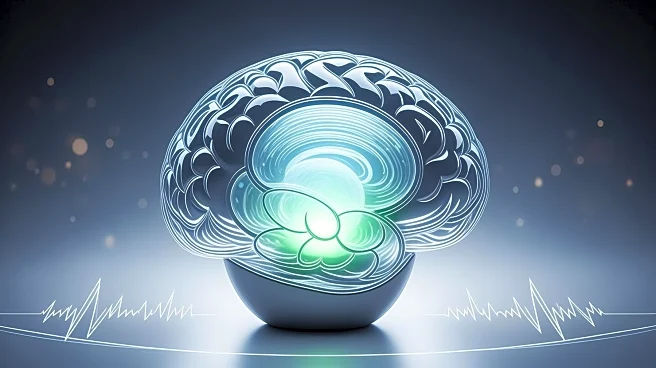Rapid Read • 8 min read
The International Federation of Red Cross and Red Crescent Societies (IFRC) is actively coordinating humanitarian relief efforts worldwide, particularly in response to the recent escalation of violence in Israel and Gaza. The IFRC, along with the International Committee of the Red Cross (ICRC) and various national societies, is working to provide emergency assistance, including health services and ambulance operations. The IFRC, founded in 1919, is the largest humanitarian network globally, comprising 192 national societies and nearly 14 million volunteers. These organizations aim to alleviate suffering without discrimination, responding to various emergencies such as natural disasters and armed conflicts. The American Red Cross is one of these national societies, contributing to the global mission of the IFRC.
AD
The IFRC's efforts are crucial in mitigating the humanitarian impact of conflicts and disasters worldwide. By coordinating relief operations and supporting local societies, the IFRC plays a vital role in ensuring that vulnerable populations receive necessary aid. The organization's work highlights the importance of international cooperation in addressing humanitarian crises. The IFRC's activities not only provide immediate relief but also contribute to long-term development and resilience-building in affected communities. This global network's ability to mobilize resources and volunteers is essential in responding to emergencies efficiently and effectively, impacting millions of lives annually.
The IFRC and its partner organizations will continue to advocate for the protection of medical transportation, health workers, and facilities in conflict zones. They will also focus on promoting adherence to international humanitarian law and the Geneva Conventions to safeguard civilians and aid workers. As the situation in Israel and Gaza evolves, the IFRC is expected to adapt its strategies to meet emerging needs and challenges. The organization will likely increase its efforts in disaster preparedness and response, aiming to enhance the resilience of communities facing ongoing threats.
The IFRC's work underscores the ethical and legal dimensions of humanitarian aid, emphasizing the need for impartiality and neutrality in conflict situations. The organization's commitment to universal humanitarian principles serves as a reminder of the importance of protecting human dignity and rights during crises. The IFRC's activities also highlight the cultural significance of volunteerism and community engagement in addressing global challenges. By fostering collaboration among diverse national societies, the IFRC promotes a shared sense of responsibility and solidarity across borders.
AD
More Stories You Might Enjoy












